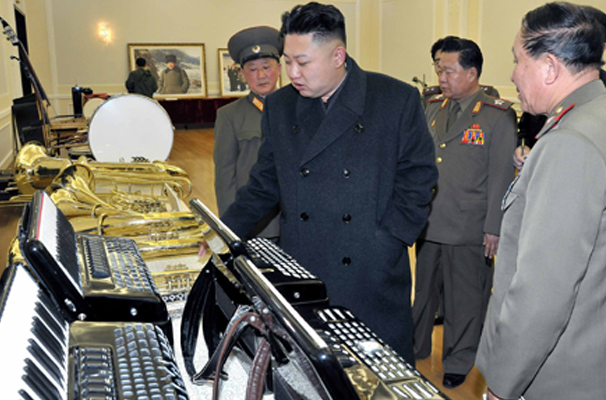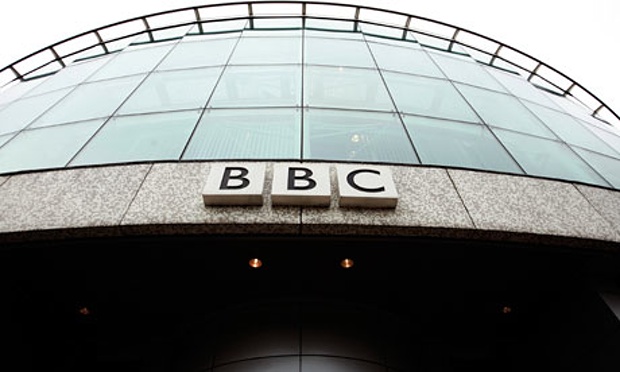As part of its mission to make Britain the “greatest cultural force in the world,” the BBC set to broadcast a new radio programme into North Korea on a daily basis. The broadcast will be provided over shortwave radio; radios in North Korea are preset to the government-controlled frequencies, and only have news from the Korean Central News Agency, with the exception of shortwave radios. Technically, shortwave radios are also banned in the hermit kingdom, but few are criminally charged for owning one. Instead the sets are often confiscated and resold onto the black market by corrupt authorities.
If the BBC successfully goes through with its initiative, it would be the first time the BBC has made a specific broadcast to North Korea. The Press Freedom Index, published by Reporters Without Borders, places North Korea 179th out of 180 countries, making it one of the world’s most repressive media environment.
The proposal belongs to the BBC’s overall plans for restructuring, in response to the British government’s review of the corporation’s royal charter. The BBC has promised “significant investment” in the BBC World Service, in order to provide better coverage to countries where there is a “democratic deficit in impartial news”. It is planning more broadcasts to Russia, India and the Middle East, and a news service for Ethiopia and Eritrea – all as part of overall restructuring moves.
According to a BBC source quoted in The Guardian, the expansion is about reaffirming Britain’s place in the world. Amid the rise of state-sponsored rivals, including al-Jazeera and RT, the BBC noted that many of these networks “do not share our traditions and values…There should no longer be any no-go countries for the World Service.”
But the pledge has been meet by some skepticism by human rights activists, who say significant hurdles remain before the BBC can turn their North Korean plans into a reality. “There are two main obstacles to overcome for a BBC Korean service to be established: funding and political will,” said Michael Glendinning, co-director of the London-based European Alliance for Human Rights in North Korea.
The announcement, coming amid pressure from the UK government for the broadcaster to make significant budget cuts, was unclear about whether the new service can be incorporated into the corporation’s existing budget. “It would cost, give or take, in the region of £1m a year to run a service,” Glendinning said, noting that “it has been suggested that the BBC would request money from the British government.”
“Given the slashing of government budgets and a lack of political will, I feel it is unlikely the BBC will be able to source the funding from there.”
A BBC spokesperson told The Independent that the funding of the proposed service had yet to be agreed.




